D&D Sorcerer vs Wizard: Top 10 Differences
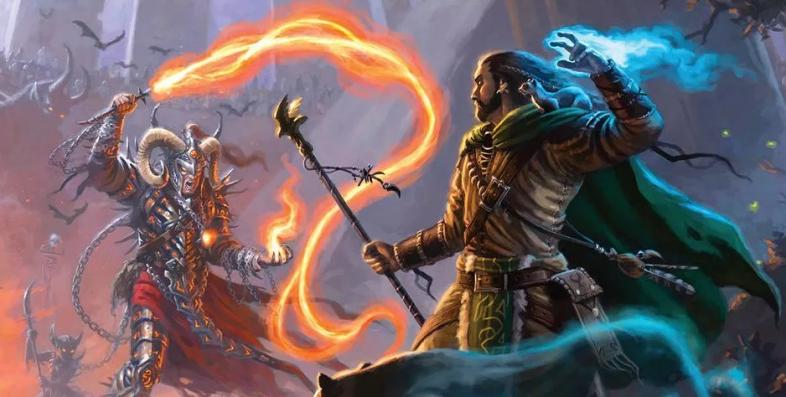
10. Sorcerer Meta-Magic
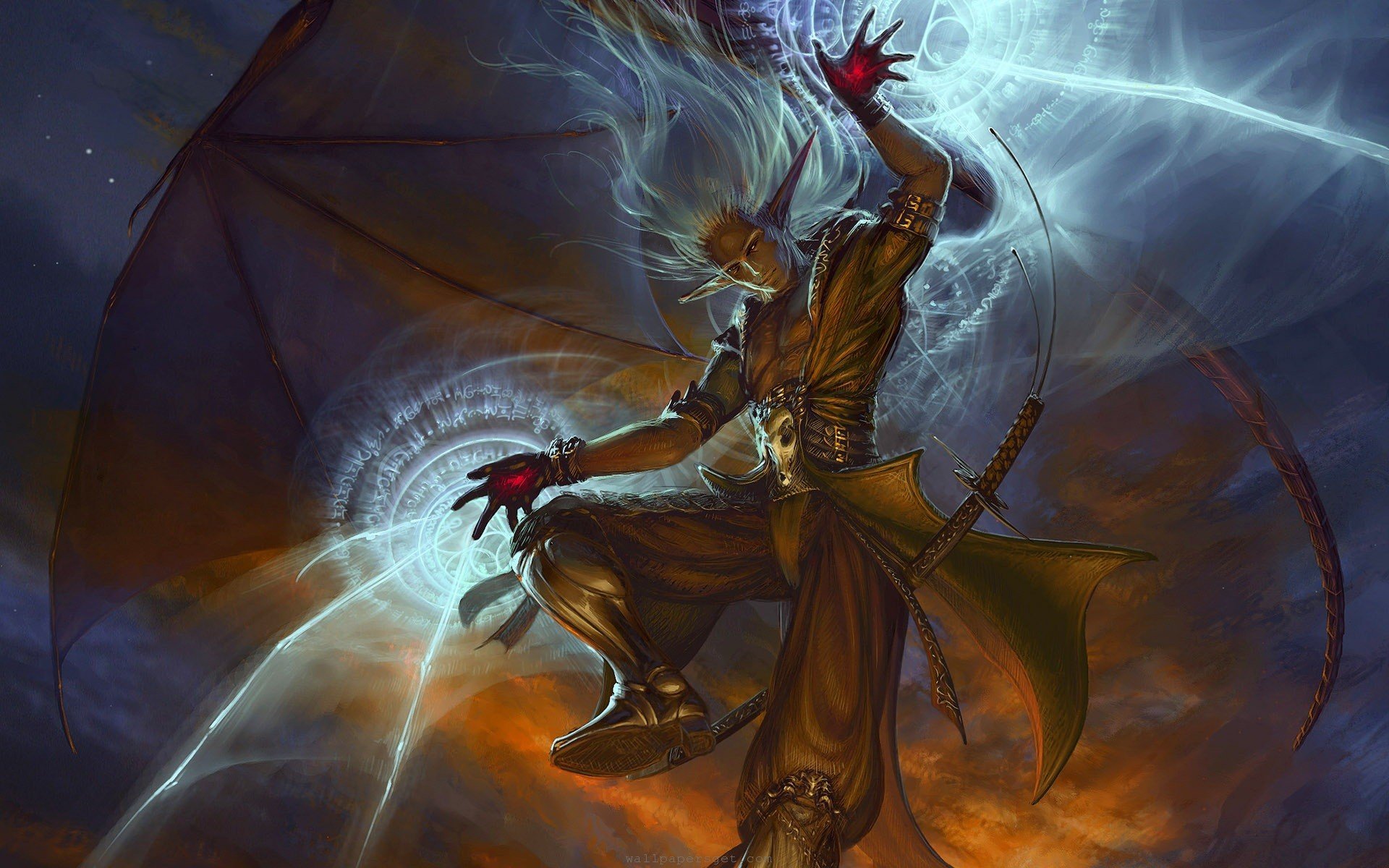
An Elven Mage Casting a Twinned Spell
Sorcerers have some variant options for their spellcasting that allow them to modify spells on the fly. The sorcery points Sorcerers receive in their Font of Magic are what they expend to activate their metamagic. They are given a choice of two metamagic options at level 3, another at level 10, and the final choice at level 17. The metamagic options are:
- Careful Spell- protect your allies in battle against your spell’s effects while dealing maxim damage to your enemies
- Distant Spell- Double the range of your ranged spells or extend a spells range from touch to 30 feet
- Empowered Spell- Reroll damage dice if you are unhappy with your first roll
- Extended Spell- Double the duration of your spells to a maximum of 24 hours
- Heightened Spell- Choose a target and give them disadvantage on the saving throw against your spell’s effects
- Quickened Spell- Use this to cast a spell that usually takes 1 action, as a bonus action
- Subtle Spell- Cast a spell without needing to use verbal or somatic components
- Twinned Spell- As long as the spell you are casting targets one creature and has a range greater than self you can duplicate the spell’s effects
9. Ritual Casting
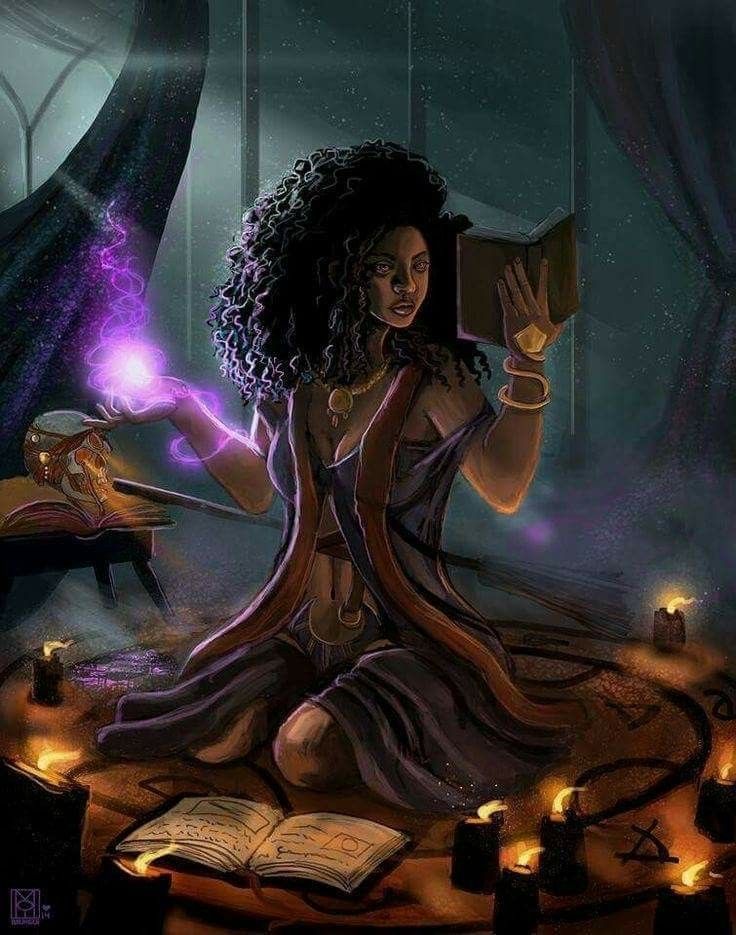
A Wizard Ritually Casting a Spell
Wizards are the bookish mage you’ve imagined yourself to be since you read your first fantasy novel. Ritual casting, a skill not possessed by Sorcerers, allows the Wizard to use a ten minute period of time to cast their spells, rather than expending a spell slot. If a spell is listed as a ritual spell and already in their spellbook, a Wizard does not need to have it prepared to ritually cast it. This is a huge boon over the Sorcerer class, who are dependent on their spell slots and long rests to replenish them and do not have access to spells that they do not know.
8. Spell Books
 Stacked Spellbooks
Stacked Spellbooks
Studious wizards store their spells in spellbooks, adding to them as they hone their craft in the campaign. Wizards know all of the spells in your book but can only prepare a number of them at a time that equals their Intelligence modifier + current level. So, while a wizard may be able to have six spells written in their spellbook as a level 1 wizard, you may only cast 3 if your Intelligence modifier is +2.
Another benefit to the spellbook is that after each long rest you can replace your prepared spells with new ones from your book, allowing you to plan and adapt your strategy on a day-to-day basis.
7. Familiars

A Wizard Uses Their Familiar Octopus for Nightvision
Wizards have access to the Find Familiar spell while Sorcerers do not. Many magical tropes have a familiar aspect, so this is an important distinction if you are looking to reskin one of your favorite characters and their magical companion. Your familiar can assist you on the battlefield by taking non-attack actions and delivering touch spells for you to distances up to 100 feet. Depending on how your DM wants to play it, your familiar can be anything you desire, as long as it derives its stats from one of the available familiar options.
6. Spell Lists
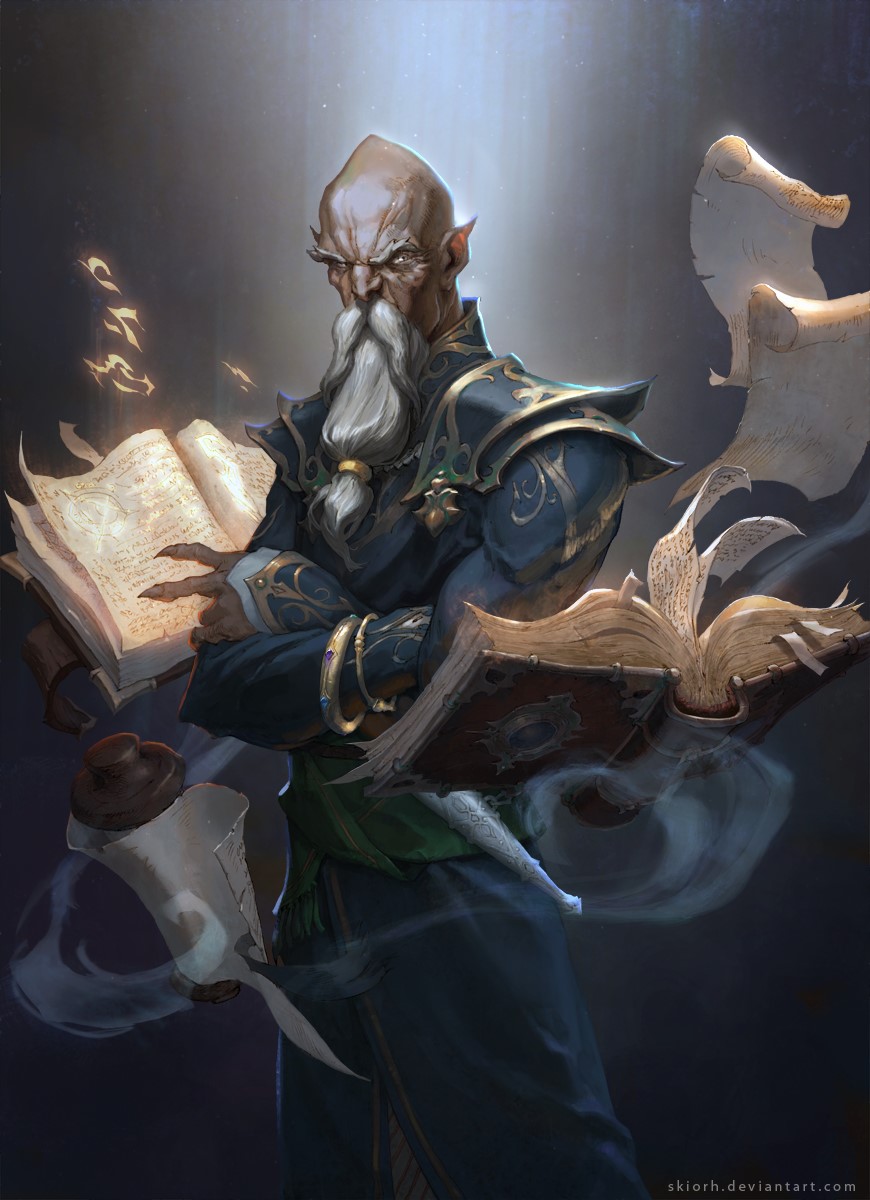 A Fierce Mage Hovers with Their Spell Books
A Fierce Mage Hovers with Their Spell Books
Some might compare the magic capabilities of the Wizard and the Sorcerer to the Tortoise and the Hare fable, since the Sorcerer is born with magic, and yet is much more limited than the Wizard who had to learn and earn their magic slowly over time. The list below is a demonstration of the spells you learn from the Wizard class on top of the spells available to the Sorcerer. If you are interested in casting as many different spells as you can throughout your campaign, the Wizard is the better choice.
The Wizard spell list includes the following additional spells: Encode Thoughts, Toll the Dead, Alarm, Cause Fear, Find Familiar, Floating Disc, Grease, Hideous Laughter, Identify, Illusory Script, Jim’s Magic Missile, Longstrider, Protection from Evil and Good, Snare, Tasha’s Hideous Laughter, Tenser’s Floating Disk, Unseen Servant, Acid Arrow, Arcane Lock, Arcanist’s Magic Aura, Continual Flame, Flaming Sphere, Flock of Familiars, Gentle Repose, Gift of Gab, Locate Object, Magic Mouth, Magic Weapon, Melf’s Acid Arrow, Ray of Enfeeblement, Rope Trick, Skywrite, Animate Dead, Bestow Curse, Fast Friends, Feign Death, Galder’s Tower, Glyph of Warding, Leomund’s Tiny Hut, Life Transference, Magic Circle, Nondetection, Phantom Steed, Remove Curse, Sending, Summon Lesser Demons, Tiny Hut, Tiny Servant, Vampiric Touch, Wall of Sand, Arcane Eye, Black Tentacles, Conjure Minor Elemental, Control Water, Elemental Bane, Evard’s Black Tentacles, Fabricate Transmutation, Faithful Hound, Fire Shield, Galder’s Speedy Courier, Hallucinatory Terrain, Leomund’s Secret Chest, Locate Creature, Mordenkainen’s Faithful Hound and Private Sanctum, Otiluke’s Resilient Sphere, Phantasmal Killer, Secret Chest, Stone Shape, Summon Greater Demon, Arcane Hand, Bigby’s Hand, Conjure Elemental, Contact Other Plane, Dense Macabre, Dawn, Dream, Geas, Infernal Calling, Legend Lore, Mislead, Modify Memory, Negative Memory, Passwall, Planar Binding, Rary’s Telepathic Bond, Scrying, Steel Wind, Telepathic Bond, Transmute Rock, Wall of Force, Contingency, Create Homunculus, Create Undead, Drawmij’s Instant Summons, Flesh to Stone, Freezing Sphere, Guards and Wards, Instant Summons, Magic Jar, Programmed Illusion, Soul Cage, Summon Fiendish Spirit, Tenser’s Transformation, Wall of Ice, Forcecage, Magnificent Mansion, Mirage, Mordenkainen’s Sword, Mordenkainen’s Magnificent Mansion, Project Image, Sequester, Simulacrum, Symbol, Antimagic Field, Antipathy/Sympathy, Clone, Control Weather, Demiplane, Feeblemind, Illusory Dragon, Maddening Darkness, Maze, Mighty Fortress, Mind Blank, Telepathy, Astral Projection, Foresight, Imprisonment, Invulnerability, Prismatic Wall, Shapechange, True Polymorph, and Weird.
For some additional perspective, these are the spells on the Sorcerer list that Wizards cannot access: Chaos Bolt, Enhance Ability, Daylight, Water Walk, Dominate Beast, Insect Plague, Fire Storm, and Earthquake.
5. Charisma Vs. Intelligence
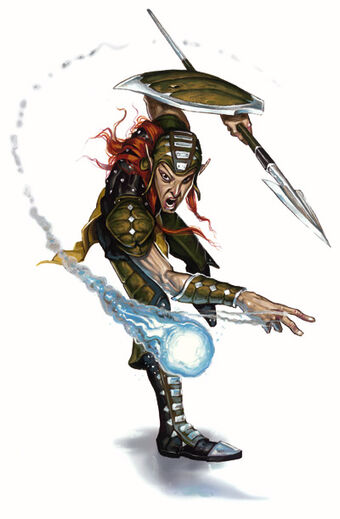
A Warrior Mage Throwing a Chromatic Orb
Wizards use their Intelligence modifiers for their spellcasting ability and therefore builds tend to stack Constitution and Dexterity as much as possible to keep armor class values high and contribute to better concentration on the battlefield. This common Wizard build can leave Strength and Charisma ability scores low, creating a weaker diplomat, but a powerful enforcer.
Sorcerers use Charisma as their spellcasting modifier and easily assume leadership roles when it comes to deception, intimidation, or persuasion.
4. Arcane Recovery
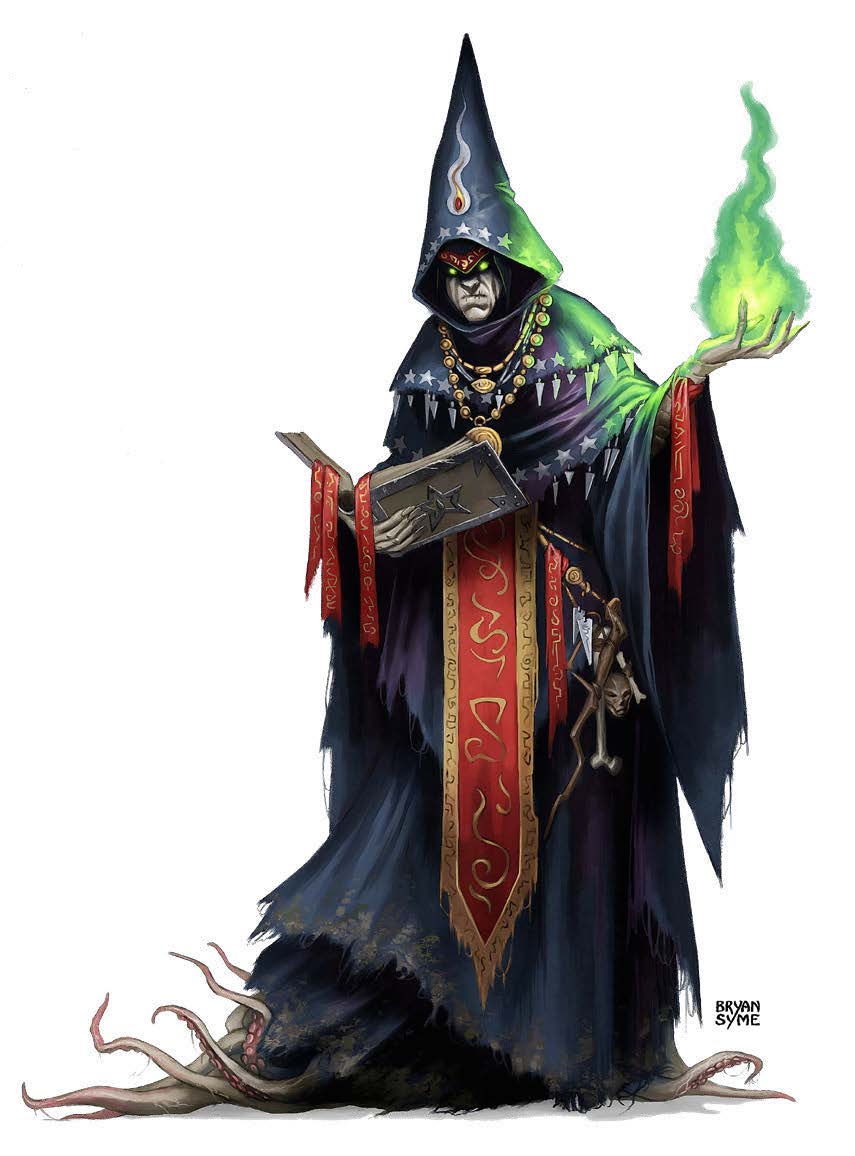
A Mage with Tentacles Prepares a Spell
Arcane recovery is a Wizard’s method of creating more spell slots for themselves before taking a long rest. During a short rest, a Wizard can enable expended spell slots equal to half their Wizard level rounded down. While wizards can ritually cast spells without burning spell slots, in combat, this is impossible, and so Wizards need to conserve their spell slots for combat as often as possible.
3. Font of Magic
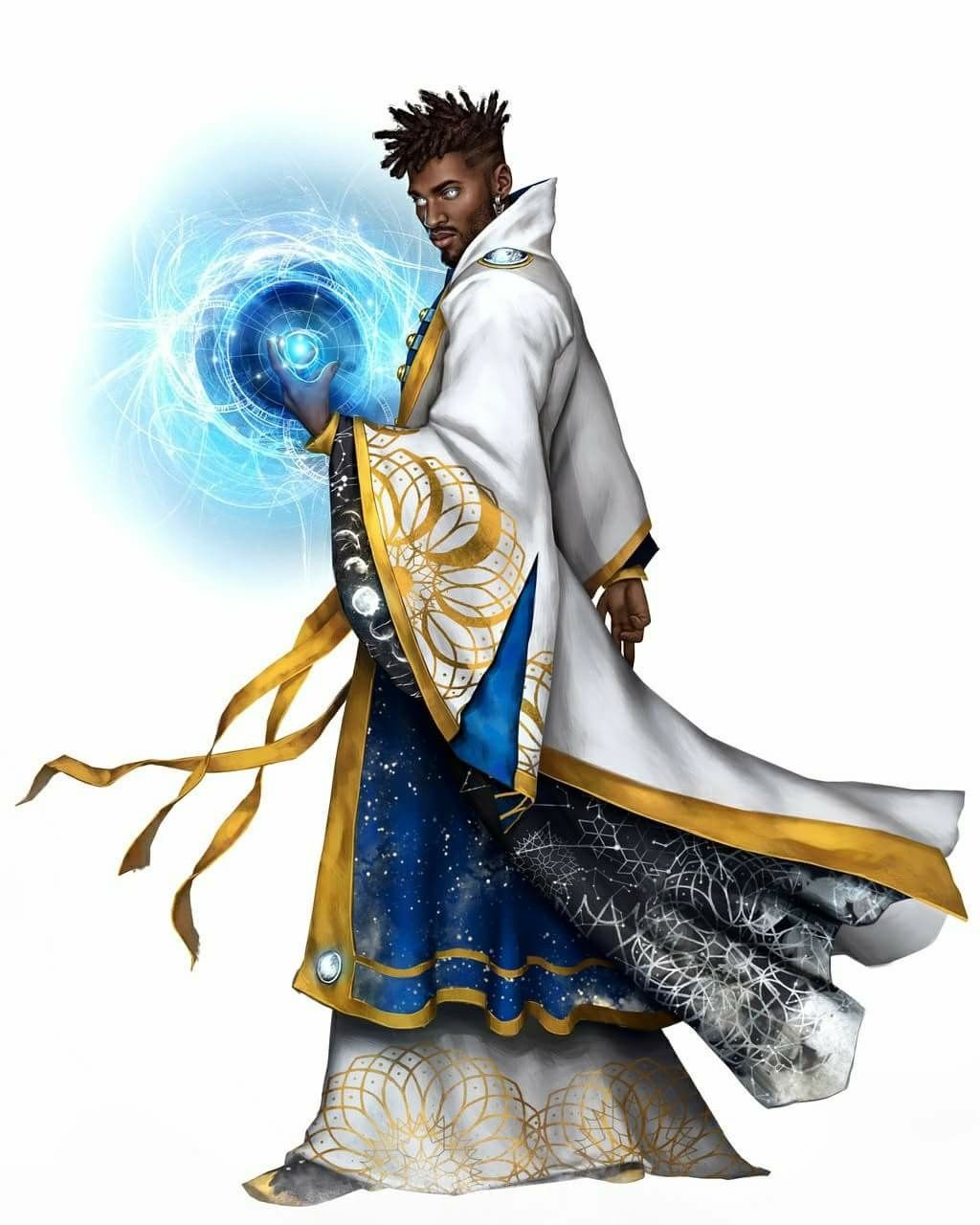
A Sorcerer Demonstrating Their Innate Magical Abilities
Sorcerers have access to what is called the Font of Magic, a pool of Sorcery points equal to their Sorcerer level that can be spent on Metamagic, additional spell slots, and-- in some Unearthed Arcana material--can be used to deal extra damage on spell attacks, regain temporary hit points, or imbue weapons with magic. This instant pool of adaptable options is what makes the Sorcerer the best mage for combat when compared to the Wizard.
2. Constitution Proficiency vs. Intelligence Proficiency
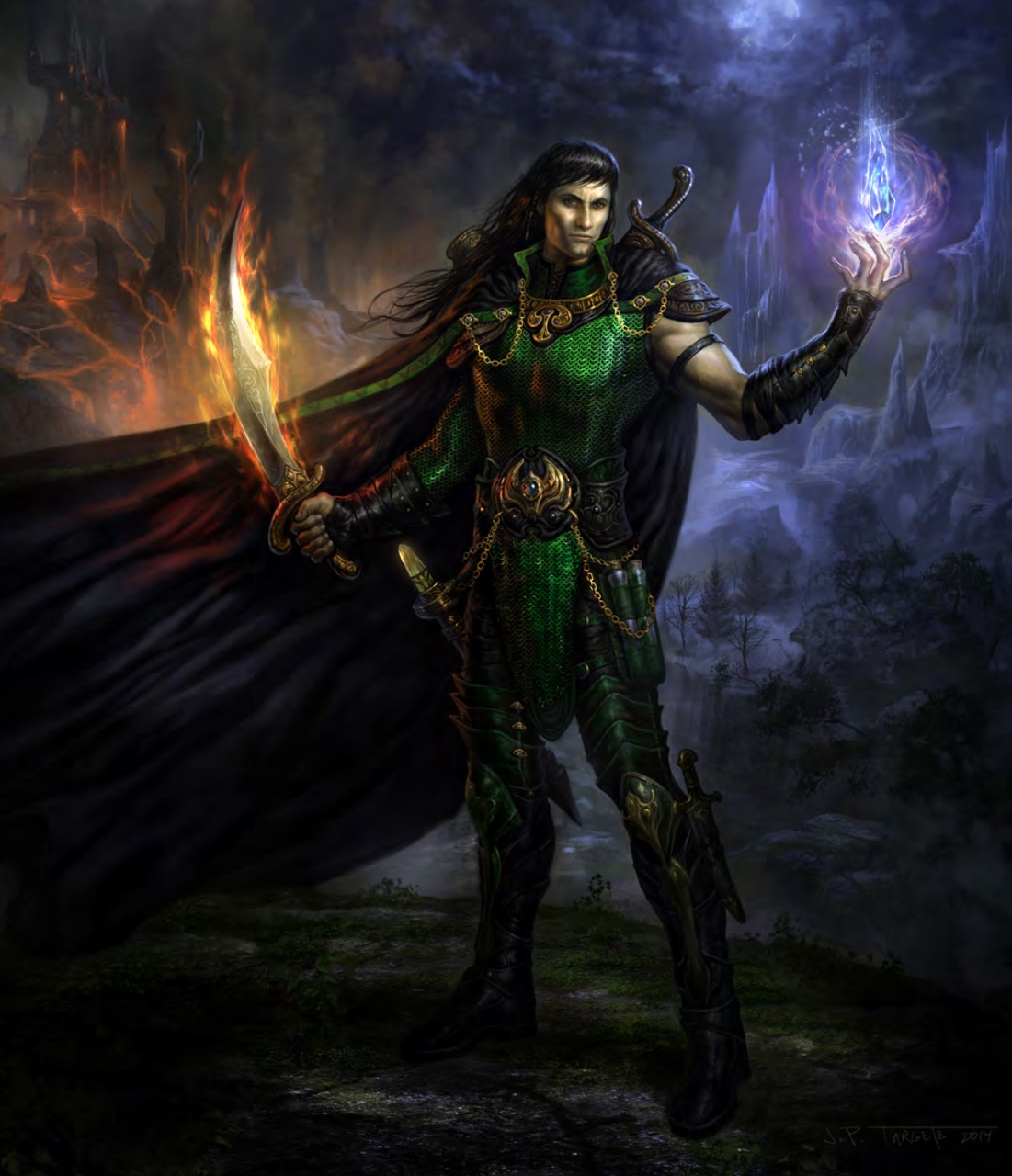 Battle Mages Depend on Concentration
Battle Mages Depend on Concentration
Concentration is the spellcaster’s most powerful weapon outside their damaging arsenal of magical attacks. Sorcerers have the benefit of proficiency in Constitution saving throws, giving them a huge advantage in combat over Wizards. In combat, the Wizard has more defenses against magical attacks that require an Intelligence or Wisdom saving throw, which is important if you want to avoid being charmed before your next turn.
1. Innate Magic vs. Schools of Magic
 Wheel and Spokes Depicting the Schools of Magic
Wheel and Spokes Depicting the Schools of Magic
The most important difference between the Sorcerer and the Wizard is how they acquired their magical abilities. This is the foundation for all of their other differences. The Sorcerer class has subclasses, where the Wizard class has Schools of Magic that you can align yourself to in order to receive added benefits when you cast a spell from that school. The studious nature of the Wizard gives them an edge over the wild magic of the Sorcerer subclass and they can better control and hone their skills over the course of the game. Comparatively, the subclasses of Sorcerer offer some powerful boons to your combat that greatly overpower the capabilities of the Wizard in battle. So, are you a by-the-book savant or a wild adventurer? Either way, the Wizard and the Sorcerer both have qualities you will love.
If you enjoyed this article you might also enjoy:
- [Top 15] Most Powerful D&D Monsters
- The Best D&D Classes (Ranked from Worst to Best)
- Top 25 Best D&D Villains of All Time
Image Gallery
- Log in or register to post comments
 Home
Home PC Game Trailers
PC Game Trailers News
News Menu
Menu


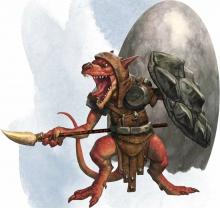



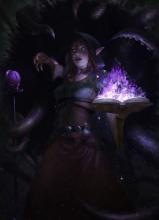


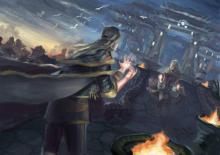


![[Top 5] D&D Best Rogue Multiclass Builds That Are Powerful D&D Best Rogue Builds](https://www.gamersdecide.com/sites/default/files/styles/308x185-scale-crop--more-top-stories/public/top_5_dd_rogue_multiclass_builds_that_are_powerful_rogue_1.jpg)